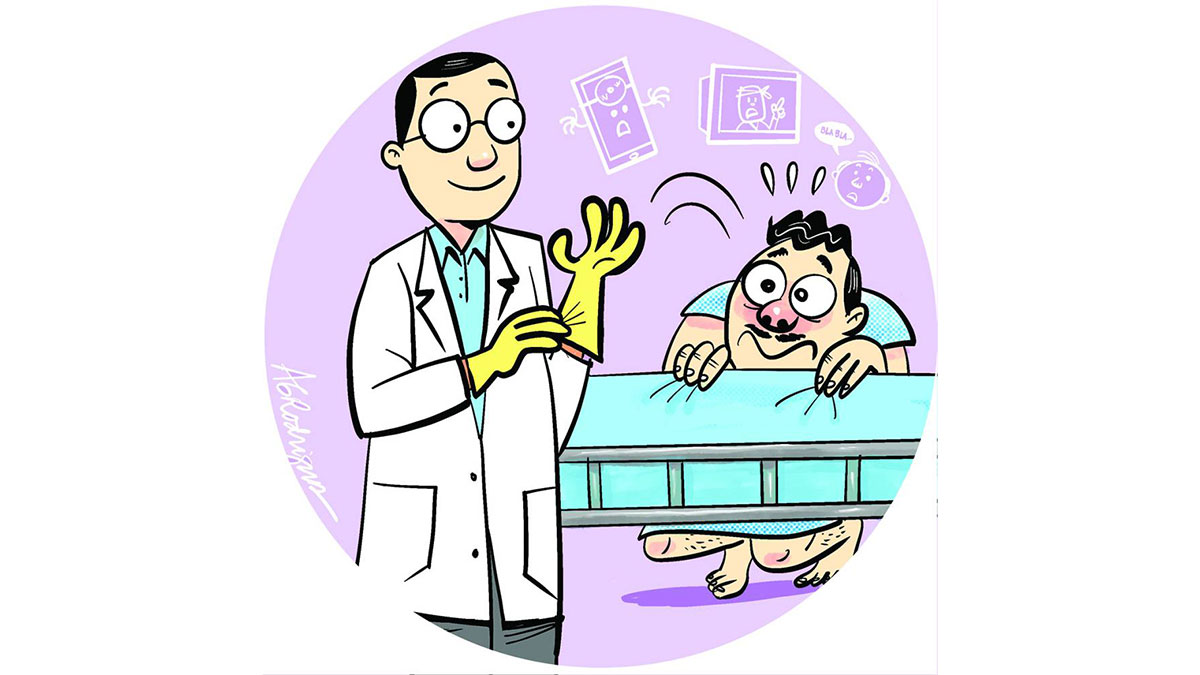Just when we thought we already knew how the SARS-CoV-2 virus causing the new coronavirus disease (COVID-19) inflicts damage on the human body, a new theory has surfaced.
Scientists at the Oak Ridge National Laboratory in Tennessee, USA, used their supercomputer, considered the second most powerful computer in the world, to analyze billions of genetic material from the lung cells of actual COVID-19 patients.
The aim of their sophisticated study was to find out how exactly the virus wreaks havoc on the body, particularly the lungs. It’s well established that COVID-19 patients die because of acute respiratory distress syndrome, or ARDS. However, autopsy studies also suggest that the problem in the lungs is not the typical ARDS previously seen in other serious infections.
There seems to be more of a “leaky” type of problem in the lung cells. The same “leak” has been noted in the blood vessels causing heart attacks and strokes, even in young COVID-19 patients.
The Tennessee team, headed by Dan Jacobson, analyzed cells from COVID-19 patients, which yielded a big amount of genetic data offering a fairly good insight into what goes on in the human body following invasion by the novel virus.
Previously, it was already the consensus of experts that the injury to the various organs of the body was caused by inflammatory substances called cytokines. The viral infection triggers the release of these substances, causing what was dubbed a cytokine storm. The cytokines, being strong agents of inflammation, cause the swelling and subsequent death of the different affected tissues of the body.
Analogy
This is believed to be the consequence of the virus tricking the immune system into responding excessively to the virus.
It’s like a small band of terrorists making the armed forces believe there’s a big contingent of terrorists already breaching the borders, making the armed forces raze the city to the ground with artillery fire. The sad thing is that the terrorists are no longer there.
It’s the same thing with COVID-19. During the inflammatory phase of the disease, the virus is hardly present anymore. The severe disease is caused not directly by the virus, but by the hyperactive immune system the virus has tricked into reacting.
So the inflammation or swelling theory still holds, and the cytokines may very well be present, but the supercomputer analysis suggests the cytokines may not be the key player. They’re just the underlings, and the real leader of the terrorist group calling the shots is bradykinin, a hormone beneficial at normal levels in the body, but which could be detrimental and deadly in excessive amounts. Even at normal levels, it can cause a characteristic dry cough as a side effect.
It’s like the strange case of Dr. Jekyll and Mr. Hyde.
We even prescribe drugs to raise the levels of bradykinin because it’s supposed to be good for dilating the arteries to improve circulation in ischemic or starving organs. The supercomputer is telling us, however, that the production of this supposedly beneficial hormone goes haywire in COVID-19, and its excessive release literally poisons the body by overdilating blood vessels and making the various cells leak, causing death.
Dilemma
This new finding has posed quite a dilemma to physicians. Should we discontinue the drugs we commonly prescribe that may increase levels of bradykinin? This is a tough question to answer, but one worth considering.
At the start of the pandemic, I was a lone voice in an international council of 21 members engaged in a virtual discussion on whether or not this class of drug should be avoided or maintained.
Although I’m a big fan of bradykinin, which has shown excellent results in patients with heart problems, I recommended to avoid it during the pandemic because its frequent side effect is cough, especially among Asians.
Since the same type of cough (dry, hacking, with itchy throat) is also a common presenting symptom in COVID-19, I argued that it should be avoided since it might be confused with the COVID-19 presentation. I was overruled 20-1, and this international council of experts even made a strong recommendation to maintain this class of drugs for all who were taking it.
I’m not sure if the council will reconsider its recommendation based on this new development.
Well, like they say—too much of a good thing is also bad.
COVID-19 can really be humbling. INQ










































